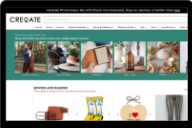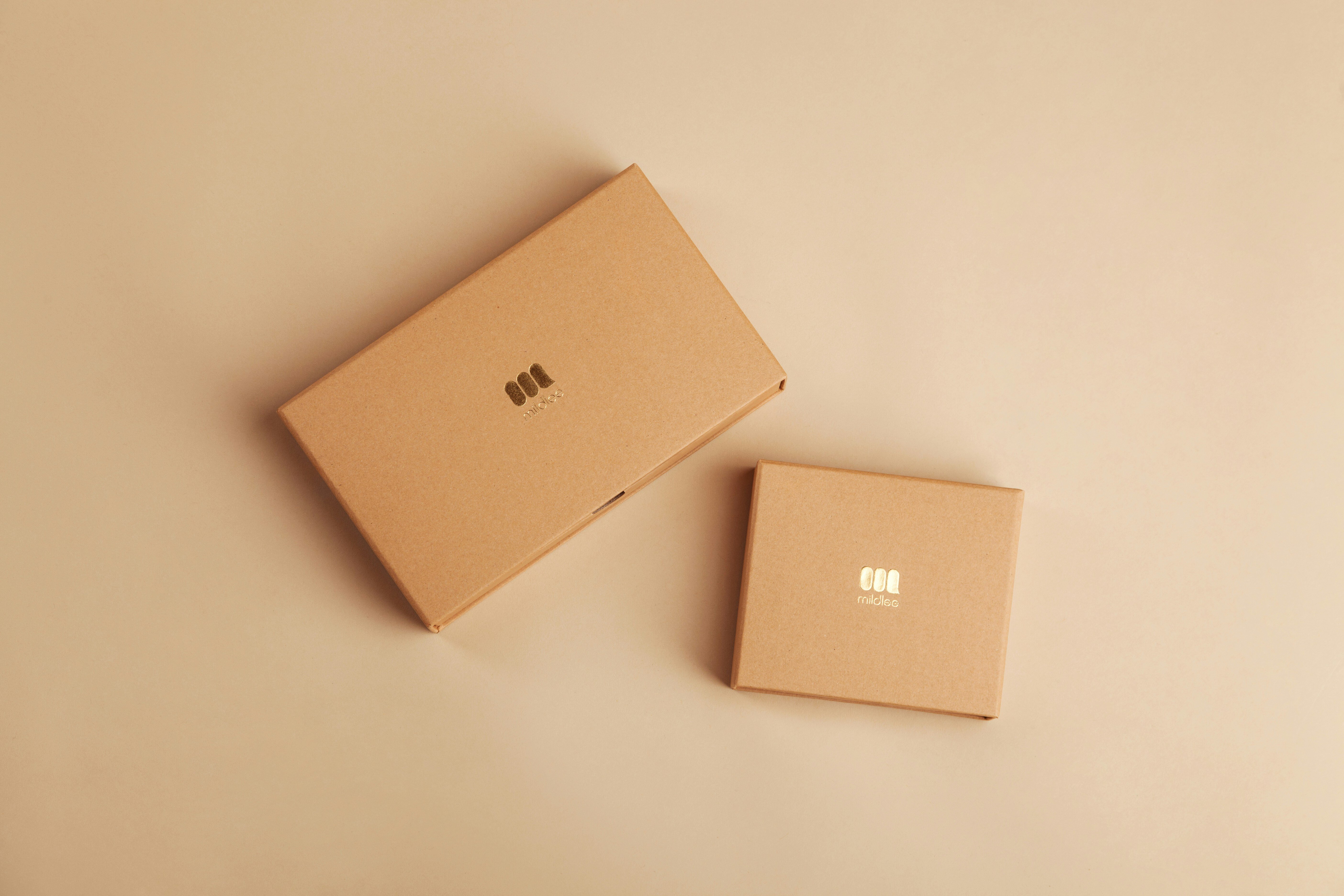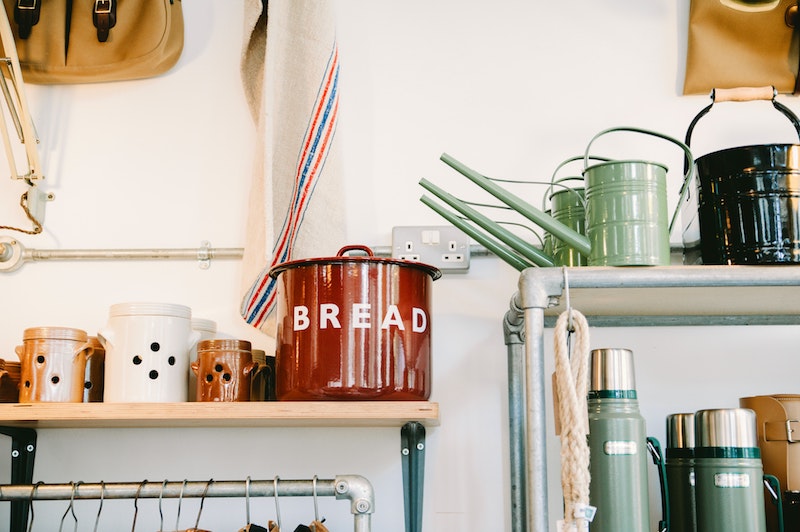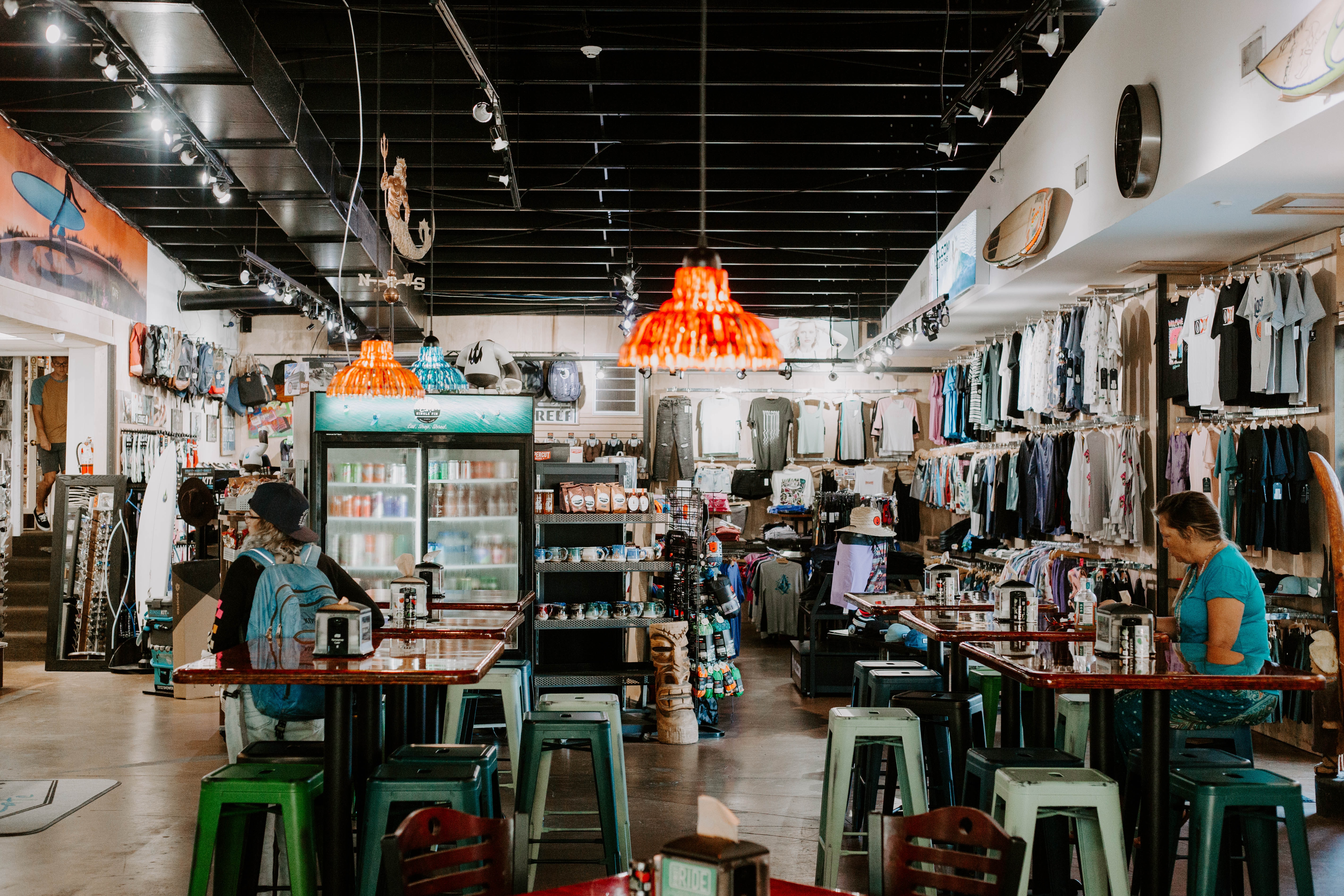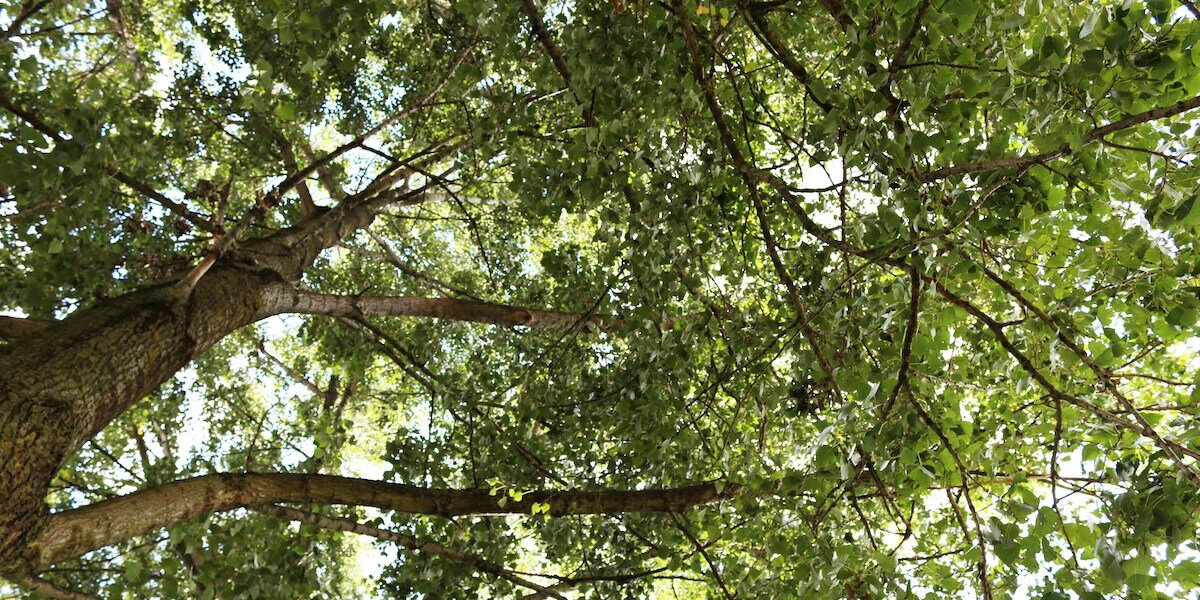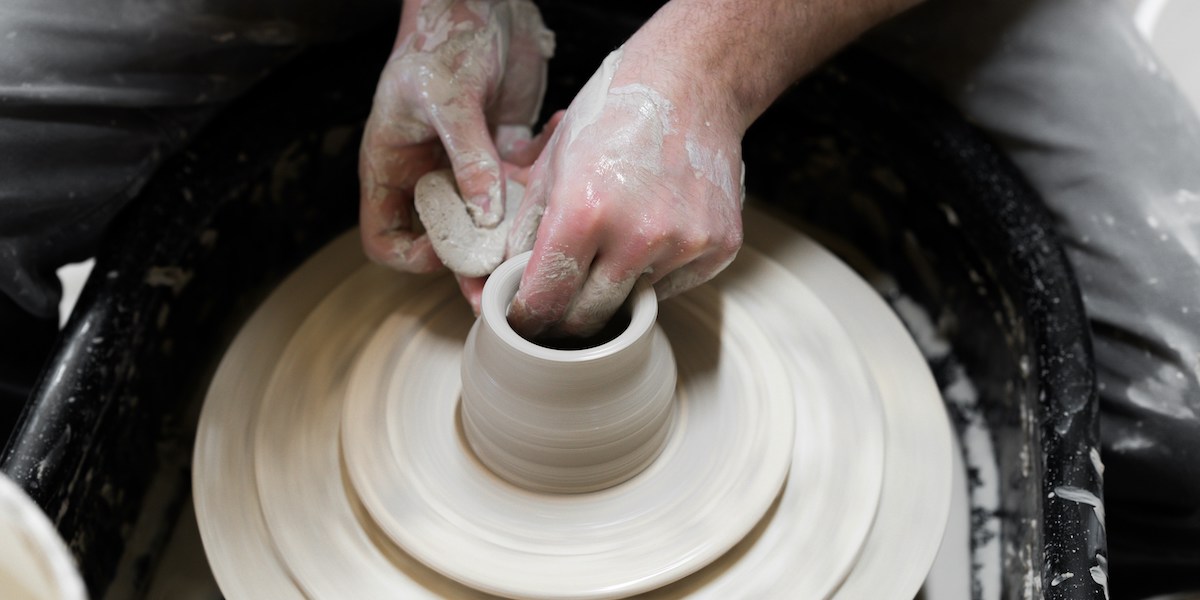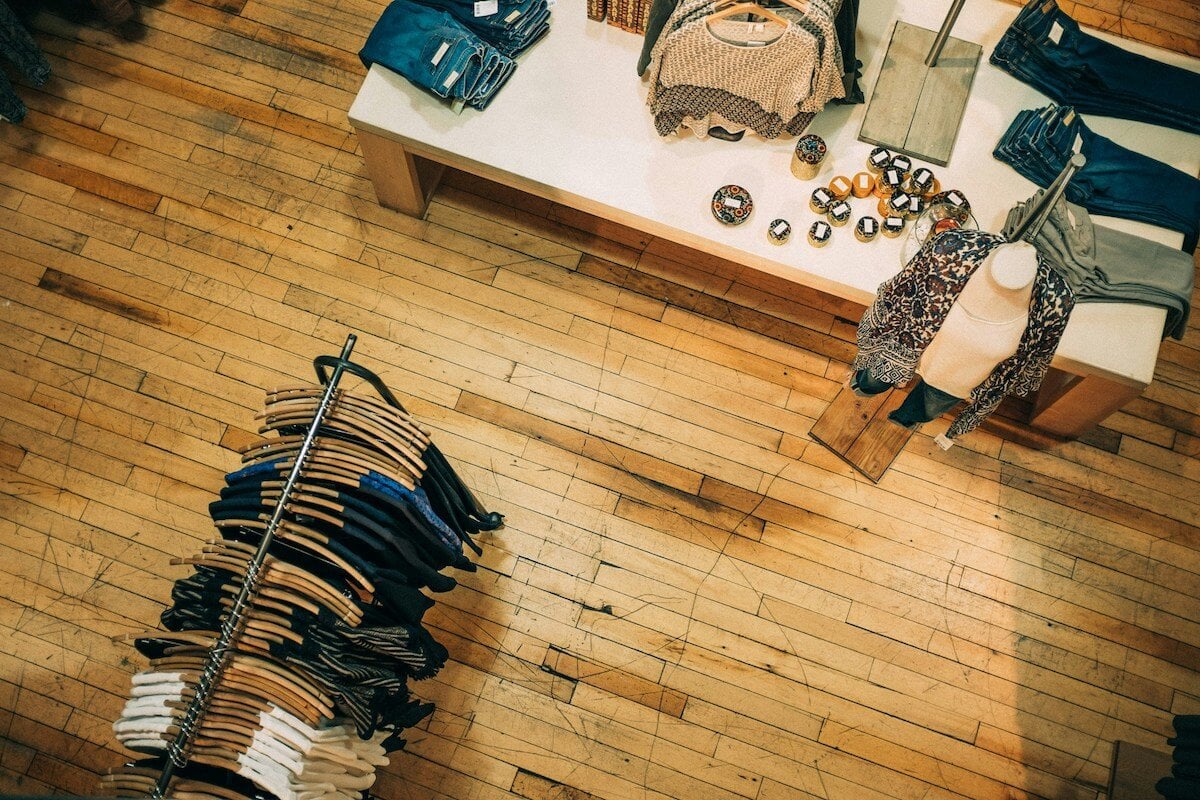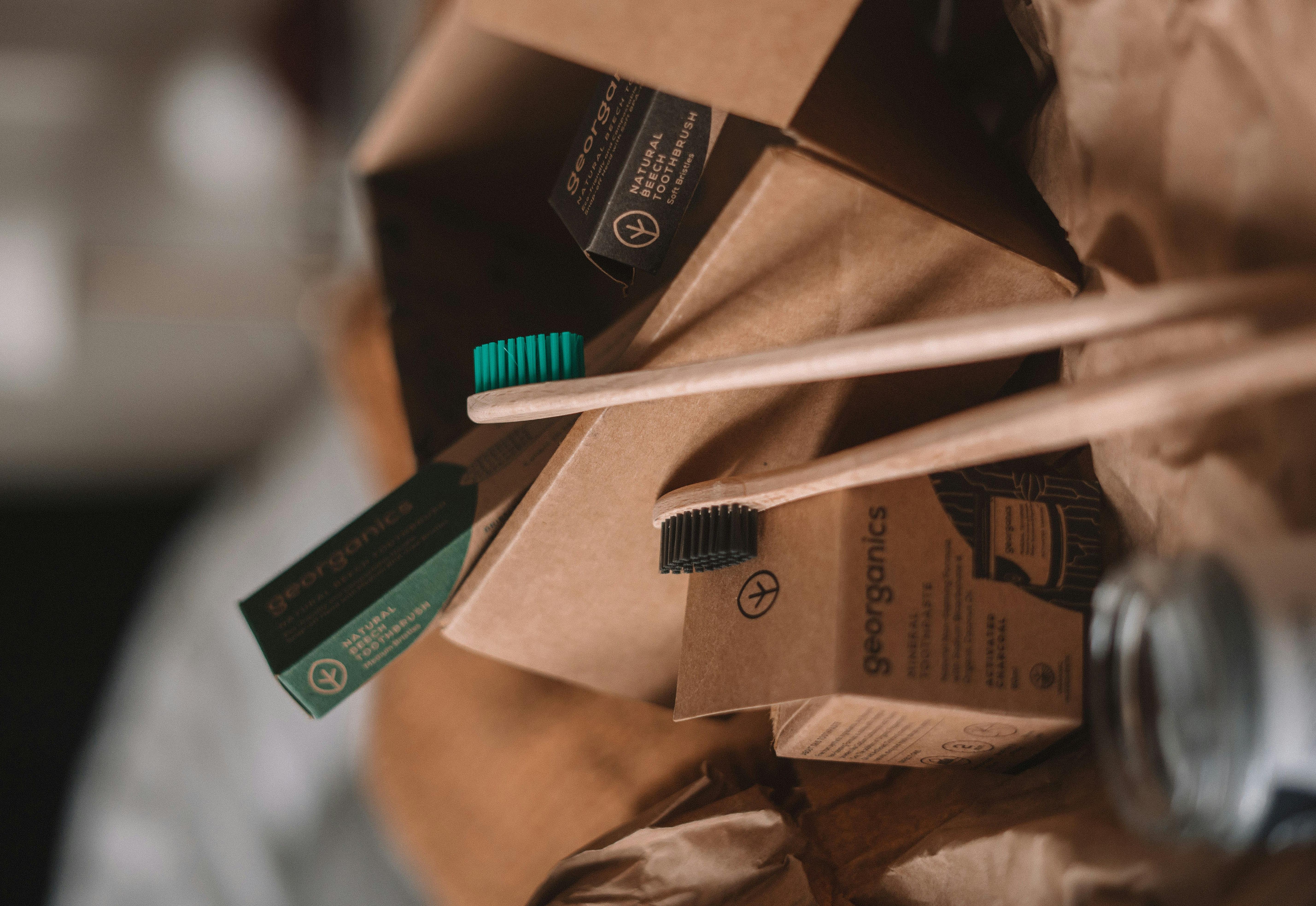
Plastic is everywhere. It’s an undeniable fact of our daily lives. So many places we go, and so much of what we buy is coated in plastic. Between the 1950s and 1970s, less of the it was produced, and the plastic waste we produced was much more manageable. However, in recent decades, we’ve become a bit obsessed with the stuff. According to the UN, between the 70s and 90s alone, our plastic waste more than tripled, and by the early noughties, our plastic waste rose more in a decade than it had in the prior 40 years.
Nowadays, we’re looking at global plastic waste that amounts to around 400 million tonnes per year, with 0.5% of that ending up in our oceans, and only 9% getting recycled. Where does the rest end up? It gets mismanaged, incinerated, and 50% of it ends up in landfill. Something needs to be done.
And look, we get it. As an individual, and even as a small business owner, your actions can feel like a drop in the ocean. However, what you do matters. Oftentimes, change starts small before growing into noticeable, larger scale impact. If you’ve been considering switching up your product packaging with more sustainable options, stick around for our guide to eco-friendly packaging materials for a little guidance on where to start.
How can packaging be eco-friendly?
When we talk about eco-friendly and sustainable packaging, we’re talking about the circular and mindful use of materials with a smaller carbon footprint. Kinder to the planet, with little to no single-use plastics involved, as many elements as possible should be either biodegradable, reusable, or easily recyclable.
Also, remember that as a small business, it’s in your best interest to advertise that your packaging is eco-friendly, as well as how and why that is. Sustainable and higher quality packaging can eat into your profit margin, and may require you to adjust your prices to account for the added value you’re bringing.
With this in mind, make your sustainable choices known in your marketing, social media, website copy, and especially on the packaging itself. Be loud and proud about your brand values, and you’ll stand out more strongly against your competitors, and to your target customers.
Equally, being transparent will also alert your customers how best to dispose of, recycle, or reuse your products and/or packaging.
Best eco-friendly packaging materials for small businesses
Now, with a little more insight on how and why sustainable packaging is so important, let’s get right into this material world, and break down just some of the incredible options available to you as a business owner.
- Recycled packaging
- Corrugated Cardboard
- Biodegradable packing peanuts
- Compostable mailing bags
- Recyclable padded mailing bags
- Bioplastics & plant-based packaging
- Reusable packaging
1. Recycled packaging
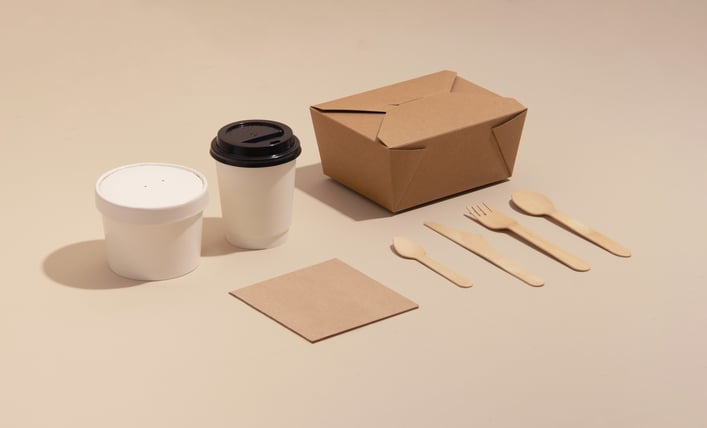
Of the 26 million tonnes of waste produced in the UK, 12 million tonnes are recycled, and 14 million tonnes are sent to landfill sites. This gives us an average recycling rate of 45%, with the average Briton throwing away 7 times their body weight in landfill waste every year. Of the materials we use that are recycled for example, nearly 75% of all aluminium ever produced is still in active circulation.
Recycled materials are fantastic options for circular packaging due to their ability to be reprocessed. You’ll often find innovative and forward-thinking brands making use of these within the food and beverage industry due to the high turnover rate of these kinds of products.
Brands setting the bar: Upcircle
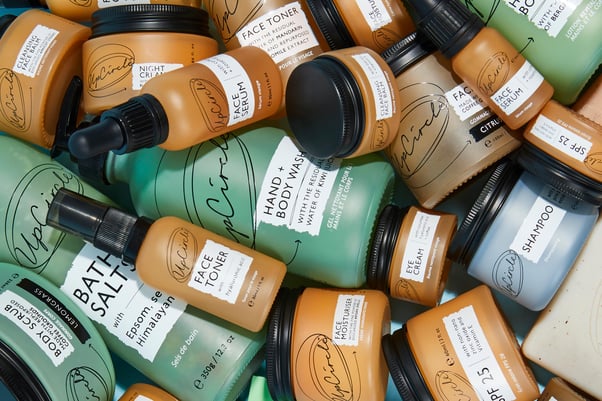
In 2021, award-winning sustainable skincare brand Upcircle launched their circular packaging and refill scheme. ‘We designed the packaging return scheme to be simple and streamlined.’ says brand co-founder Anna Brightman, ‘Our website lists all the products that are available to be refilled where prices are subject to a 20% discount vs. the usual retail price.’ Though the Upcircle team has found a huge demand for a refill and recycle scheme from their existing customer base, a little discount to reward and incentivise new customers doesn’t hurt.
The brand continues to shout about its refill scheme and eco-credentials in its email newsletters, social media, and beyond. ‘Our scheme is growing 23% month on month. We had people asking us to set this up for a long time…Despite this, we still could not have anticipated the scale of the reaction when we announced the launch of our scheme — everyone was extremely excited!’, says Anna.
‘Our packaging is made up almost entirely of glass jars, aluminium lids and cardboard outer boxes, making them both recyclable and refillable. It's 99% plastic free, and we offer plastic-free refills for the 1%.’
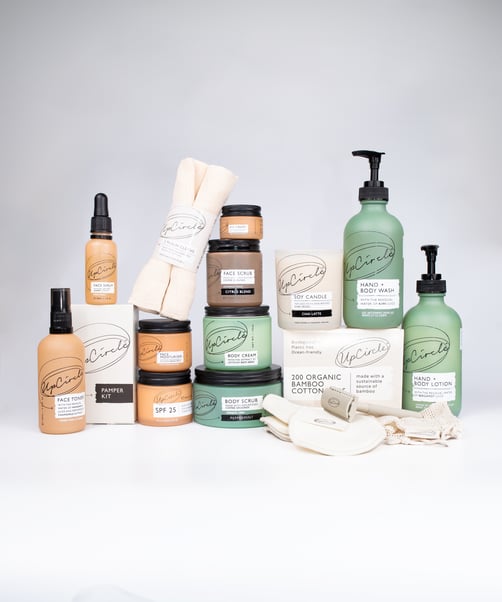
Thanks to the team's many efforts, Upcycle has since earned itself the status of being a plastic-negative brand. Where plastic neutral would be the removal of as much plastic as your brand uses, plastic negative means they actively remove twice as much plastic from the environment as they use and produce. For every product Upcircle sells, it contributes a percentage towards vetted impact programs that will remove more plastic waste from the environment than they create in their packaging and operations.
💚 To learn more about Upcircle and its fantastic products and green initiatives, read our interview with its founders here.
2. Corrugated cardboard
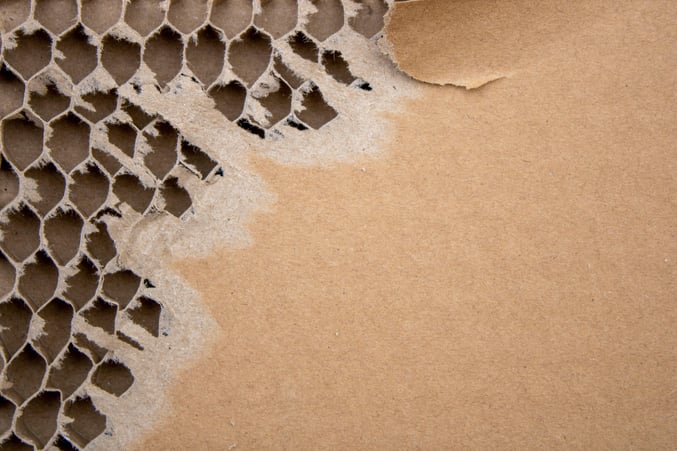
Corrugated cardboard consists of multiple layers of craft cardboard, expertly designed to be both sturdy for effective packaging resistance and protection, as well as easily biodegradable.
Corrugated cardboard is an ideal choice for shipping boxes, particularly for larger or heavier items. Coupled with other eco-friendly packaging materials like biodegradable packing peanuts, corrugated cardboard is a great eco-alternative that can be widely reused both in your stock room, and by your customers.
3. Biodegradable packing peanuts
Corrugated cardboard boxes and biodegradable packing peanuts — the perfect pair! This match made in heaven is ideal for keeping your more fragile items safe in transit. Typically made from cornstarch, potato starch, or wheat, these natural alternatives will dissolve in water, unlike their plastic counterparts which may spend up to 500 years sitting in landfill, or in our waterways, oceans, and lakes.
Be sure to let your customers know if you use biodegradable packing peanuts, as the difference between the two isn’t immediately obvious unless you’re running them under a tap. Let your customers know that they can either reuse, or dispose of them by placing them in their toilet or sink.
4. Compostable mailing bags
Plastic mailing bags are one of the most commonly used packaging materials due to their low cost and lightweight convenience. However, good for the environment they most certainly are not. Unless your customers are reusing them in perpetuity, of course. Compostable mailing bags, on the other hand, offer a greener alternative, regardless of whether they’re reused or recycled.
Lightweight like their plastic counterparts, compostable mailers are the ideal circular alternative. Typically these biodegradable mailers can break down within 6 months after being placed in a compost bin.
5. Recyclable padded mailing bags
Level up your mailers with a sturdier alternative for more fragile items. Featuring cushioning akin to an eco-friendly bubble wrap, they’re recyclable and reusable, often featuring double adhesive strips for second use or returns.
6. Bioplastics & plant-based packaging

Plant-based packaging materials require less carbon to produce than plastics. Raw materials used are toxin-free, and often include things like sugars from cornstarch, sugarcane and cassava, as well as materials like coconut coir, and sometimes even mushrooms!
While mushroom-based packaging is still relatively new, it involves the use of mycelium — sort of like a mushroom’s roots — to create a compostable, protective material which could, with enough innovation and more widespread use, eventually see mycelial packaging replacing polystyrene. Furniture and homeware giant IKEA has been one of the first to adopt this new alternative developed by product design company Ecovative Design. The mycelium-based material is called Mushroom Packaging, or MycoComposite.
Bioplastics operate as another alternative to traditional petroleum-based plastics. Some of the most common uses you may have seen for such materials include food packaging and tools, including straws and utensils. Pasta straws, anyone? Technically biodegradable packing peanuts fall into this category, too.
Brands setting the bar: Montezuma’s

Sustainable chocolate brand, Montezuma’s managed to make every piece of packaging for their products either recyclable, biodegradable or compostable from early 2020. And yes, that includes everything from their bar wrappers, to ink and stickers.
‘It’s been a mammoth task’, said founders Helen and Simon Pattinson, ‘we’re super proud of what we’ve achieved. In fact, we believe we’re the first chocolate company in the UK to be able to make this claim on our entire range and across all packing materials.’
‘All our packaging is now only sourced from the UK and Europe, despite cheaper sources being available from countries further away. This supports our drive to become carbon neutral. We are also now working with our suppliers to encourage them to review their packaging principles and swap their non-recyclable packaging to fully recyclable materials.’
💚 Learn more about Montezuma’s and its responsible, sustainable, and ethical trading practices in our interview with its founders here.
7. Reusable packaging
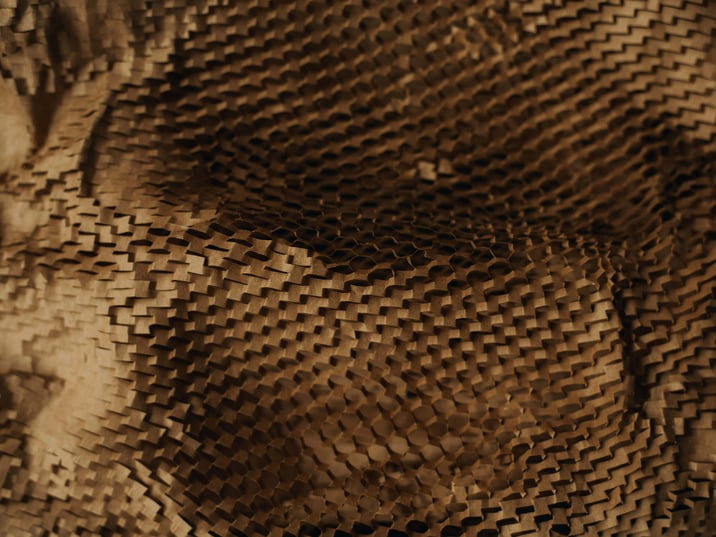
Reusable packaging is easily the most sustainable option there is, though of course, it’s not an option for every brand. Upcircle’s aforementioned refill scheme is the perfect example of where this can work, using sterilised refillable glass and aluminium packaging that almost entirely eliminates waste.
For reusable packaging to work, there’s a heavy reliance on how willing customers are to return any packaging and containers. There’s room here for refill and recycle schemes within the beauty industry, as well as food and beverage (think milk bottles, and fruit and vegetable crates). There’s even opportunities to introduce creative loyalty schemes here to incentivise recycling, like Upcircle’s refill discount, or a free gift after so many refills or recycled orders etc.
Ultimately, no matter how you slice it, reusable packaging is always a positive investment, both in your business ethos and the environment. For those who do choose to reuse your packaging until it’s no longer usable, it will still have a longer lifespan, making the cost difference between standard plastic, non-bio-degradable packaging worthwhile in the end.
____________________________________________________________________________________________________
📦📮 Tip: Reducing waste is the ultimate goal here, so no matter which material or method you choose, be sure you have appropriately sized packaging for your products. How many can you cluster into one parcel safely, and securely?
Ensuring you’re prepared for all kinds of orders, big and small, will help you cut down on the amount of parcels and packaging you need to send out, meaning less energy required and an overall smaller carbon footprint during packing, transportation, and logistics. Better business for you, more convenient for your customers, and kinder to the planet. Everybody wins.
Sustainability starts with eco-friendly packaging
Hopefully the above has given you some ideas on where to start regarding your sustainable packaging journey. While no one expects you, or any one person to solve climate change overnight, it’s the small changes and regular adjustments we make that can have the biggest impact.
Follow us on Instagram and Facebook for more business inspiration, and check out our guides below on sustainability in retail.
Not registered with CREOATE yet? Sign up now and start shopping wholesale with us today.
Read articles:
Browse Popular Categories at CREOATE: Wholesale Jewellery | Wholesale Gifts | Wholesale Stationery | Wholesale Beauty Products | Wholesale Mugs | Wholesale Homeware | Wholesale Pet Supplies | Wholesale Gourmet Food | Wholesale Garden & Outdoor | Wholesale Baby & Kids Products
Browse Trending Collections on CREOATE: Wholesale Halloween | Wholesale Mother's Day Gifts | Wholesale Father's Day Gifts | Wholesale Valentine's Day Gifts | Wholesale Spiritual Supplies
>> View all


